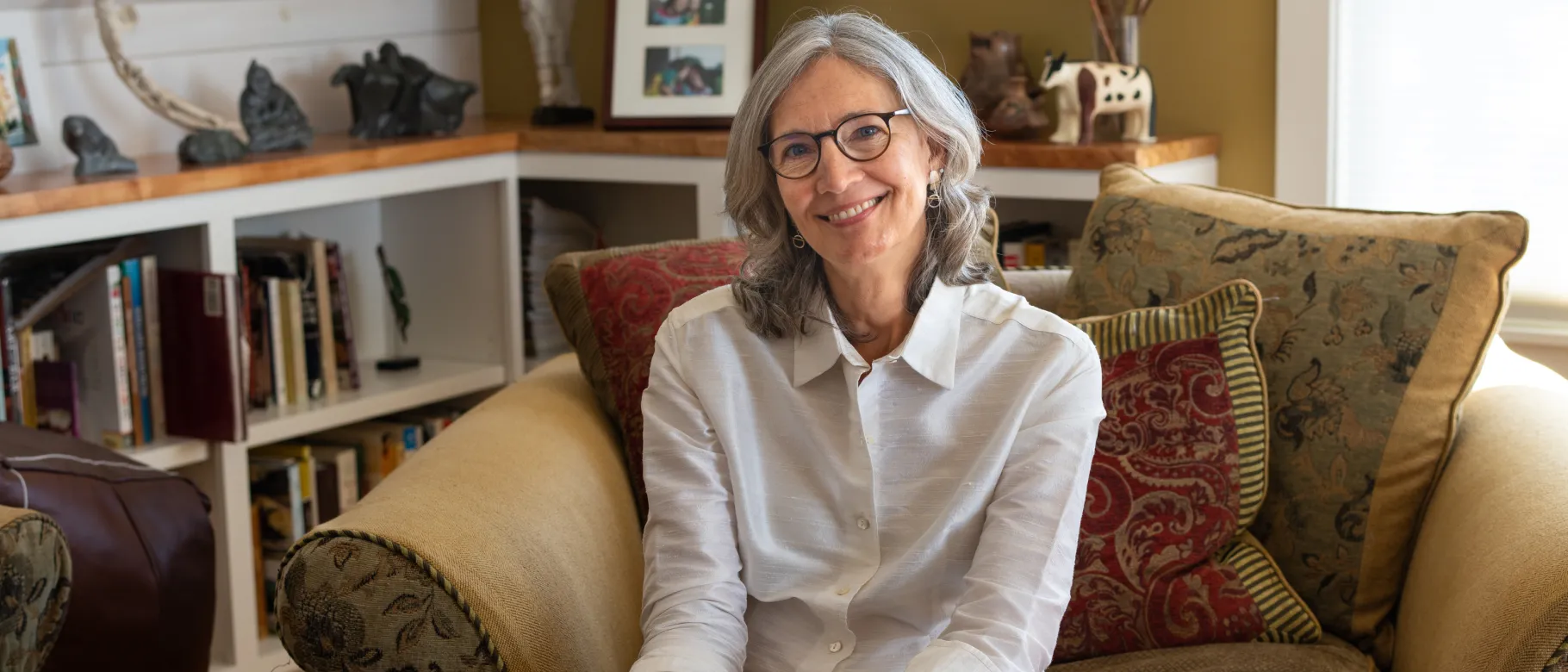Michele Polacsek publishes article on food and beverage marketing in educational settings in Journal of School Health

Michele Polacsek Ph.D., M.H.S., professor of public health and director of the Center for Excellence in Public Health (CEPH), is senior author on a just-released publication in the Journal of School Health titled “Reducing Student Exposure to Digital Food and Beverage Marketing: Policy and Practice Recommendations.”
The publication highlights four areas where state and local education authorities can intervene to reduce digital food marketing through their own policies and provides model policy language for each. Summer Moukalled, UNE College of Osteopathic Medicine (UNE COM) student Summer Moukalled (D.O., ’25) is co-author on the report.
According to Polacsek, pervasive digital marketing of unhealthy foods and beverages to children and adolescents undermines healthy eating. The expanded use of electronic devices for remote learning during the COVID-19 pandemic exacerbated student exposure to ads for unhealthy foods — such as fast foods, candies, and sugary sodas and cereals — on educational platforms.
Polacsek said that, as schools continue using educational technology, policy interventions are needed to limit digital food marketing in schools and on school-issued devices. The report highlights four areas in which state and local education authorities can intervene through their own policies and provides model policy language for each of the following:
- Content filtering on school networks and on school-issued devices
- Digital instructional materials
- Student-owned devices
- Use of social media to communicate with parents and students
The areas call for school districts to expand upon existing content filtering and privacy policies, as well as usage policies for school-issued devices, to combat digital food and beverage marketing.
Specifically, the recommendations are to filter food-related content and utilize robust ad-blocking technology on school networks and all school-issued devices; prohibit the use of digital instructional materials with food and beverage marketing and minimize collection of student data through a robust student privacy policy; expand student-owned device usage policies to prohibit use during lunch; and communicate school-related and student activity-related information to parents and students on school-dedicated platforms.
“The COVID-19 pandemic greatly increased students’ screen time and exposure to unhealthy food and beverage marketing online,” Polacsek stated. “In response, we developed recommendations for local or state education authorities to reduce the digital food and beverage marketing to which students are exposed.”
Polacsek initial study for the new article was produced with $50,000 in grant funding from the Robert Wood Johnson Foundation.
